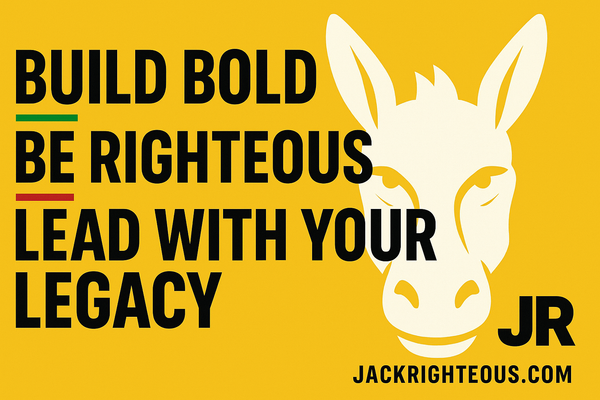RIAA Troll Bots & AI Music: The Truth About DistroKid Royalties
Gary Whittaker
RIAA Troll Bots, AI Music, and the DistroKid Royalties Debate
My Background in Emerging Technologies
With over 20 years in emerging technologies and the last third of my career in the adult content advertising industry, I’ve seen how disruptive ideas gain traction once brands learn how to connect with their audience. Some ideas seemed crazy at first, but once people figured out their value and translated that into a real connection, they went on to make serious money. AI music is no different.
Yet, I see a troubling trend. Not just from people voicing frustrations over low DistroKid royalties—something they have every right to discuss—but from commenters who use these frustrations to amplify the Recording Industry Association of America (RIAA) agenda.
Understanding RIAA Troll Bots and Their Agenda
- Preserving Industry Gatekeeping – AI-powered music allows independent artists to create and distribute quality tracks without expensive studios, session musicians, or label backing. This threatens the traditional industry, so trolls attempt to make AI users feel guilty, illegitimate, or “less than” real musicians.
- Spreading Fear and Misinformation – They push narratives like “AI steals jobs,” “AI music has no soul,” or “Using AI is cheating” to instill doubt and discourage creators from using the technology.
- Disrupting AI Music Communities – If AI musicians feel constantly attacked or ridiculed, they may leave online spaces, reducing visibility and momentum.
- Buying Time for Major Labels – The big players are scrambling to adapt to AI. Discouraging independent creators from using AI gives them more time to figure out how to control or monetize it before the playing field levels.
The Connection to DistroKid Royalties Complaints
Most AI musicians have been posting for months, not years. Traditional musicians understand that it takes years to cultivate a fan base. Yet, some commenters use complaints about low AI-generated music royalties as a tool to discredit AI music altogether. Their goal is to make AI creators feel like they aren’t “real” artists and that they should abandon AI music altogether.
The truth? The fact that AI musicians are making any money at all is an achievement. Instead of getting discouraged by pennies in royalties, AI musicians should be asking: What is my long-term strategy? How do I maximize value beyond just streaming payouts?
Why I Don’t Care About My $1.50 in 2024 Royalties
I made $1.50 in streaming royalties in 2024. Do I care? No. What I care about is the $120 I made from the DistroKid Referral Program and the over 10% sign up rate I’m getting.
More importantly, I’m on track to 3x my DistroKid subscription fee, making a renewal a no-brainer, even if:
- My own choices affect my earnings trend
- Legislation changes AI music policies
- DistroKid adjusts its payout structure
I understand that establishing Jack Righteous as an ‘AI’ emerging artist on Spotify will take years. That’s why I’m not focused on short-term streaming royalties. I’m focused on being a model for others who also see a long-term plan for their brands.
Setting the Record Straight
The AI music space is still in its infancy. The fact that creators are already making money—even small amounts—is proof of its potential. Instead of amplifying RIAA narratives, AI creators need to focus on leveraging what’s working and building long-term value. That’s where my focus is, and that’s what I will continue to do—righteously.
Want to distribute your AI music and build your brand the right way? Join DistroKid today through my referral link.
